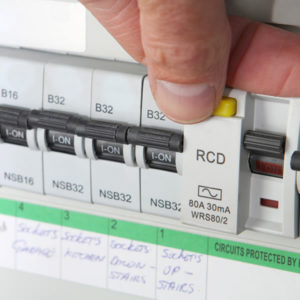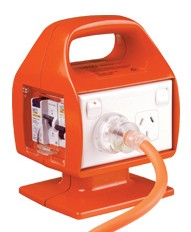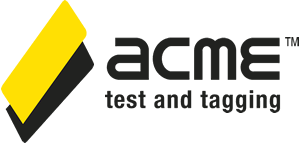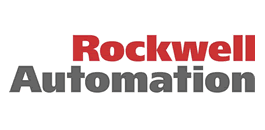

RCD Testing Service Melbourne
RCDs (Residual Current Device), also known as safety switches, are safety devices that can be found in your switchboard, portable socket outlet devices (PSOAs) used by tradespeople, or integrated into various electrical appliances. There are also portable RCDs that plug directly into power outlets. They are designed to detect faults and disconnect the power to prevent electrical accidents. To keep you safe, it’s essential that your RCDs react quickly to faults.
What is RCD Testing?
RCD testing involves checking the functionality of your safety switches to ensure they react promptly to electrical faults. It verifies whether the RCD can detect an imbalance in electrical current and quickly disconnect the power to prevent electrical hazards such as electric shocks or fires.
The test measures the trip time, which is how fast the RCD will cut the power when it detects a fault. For the RCD to be effective, this trip time should occur within milliseconds. Our technicians use specialised equipment to measure the trip time, ensuring it disconnects the power within 1 millisecond (1/1,000th of a second).
Why it’s important to have your RCDs regularly checked
RCDs are known to be one of the most effective ways to protect against electric shocks caused by faulty appliances or leads. But, like any safety device, they can only do their job if they’re working properly.
An RCD detects when the current flow on a circuit is unbalanced or when too much current flows to earth. When this happens, the RCD will trip and disconnect the circuit, preventing any harm. A properly functioning RCD trips faster than the blink of an eye.
But what if it’s slow to trip or doesn’t trip at all? That’s when the risks of electric shocks or fire hazards increase. That’s why regular testing by trained professionals is vital.
It is also a legal requirement to make sure that the RCD is test and tagged according to AS/NZS 3760:2010
Our RCD Testing Process
ACME’s team of trained technicians will thoroughly test both your fixed and portable RCDs using precise and accurate equipment. We test and certify the trip time, ensuring it meets industry standards. Depending on your work environment, we recommend retesting intervals ranging from 12 months to 2 years, with some high-risk environments requiring more frequent testing.
***WARNING***
The “push button” test method is a quick way to check if the RCD will trip. It is recommended that this test be performed on portable RCDs after connecting to a power supply and at least daily. However, the "push button" test can not be used to certify that the RCD is reacting within the maximum time limit. Never rely solely on a push-button test to determine if your RCD is working correctly.
Case Study:
Our client based in inner Melbourne has 50+ RCDs spread over three levels of their building. We created a plan that allowed all RCDs to be tested without disrupting their normal work routines. During the first round of testing, it was revealed that several RCDs had slow trip times, two were not working and therefore not providing any protection at all.
Case Study:
Our client based in inner Melbourne has 50+ RCDs spread over 3 levels of their building. We developed a plan enabling them all to be checked without causing disruption to their normal work patterns. During the first round of testing it was revealed several RCDs had slow trip times, 2 were not working and therefore not providing any protection at all.
























